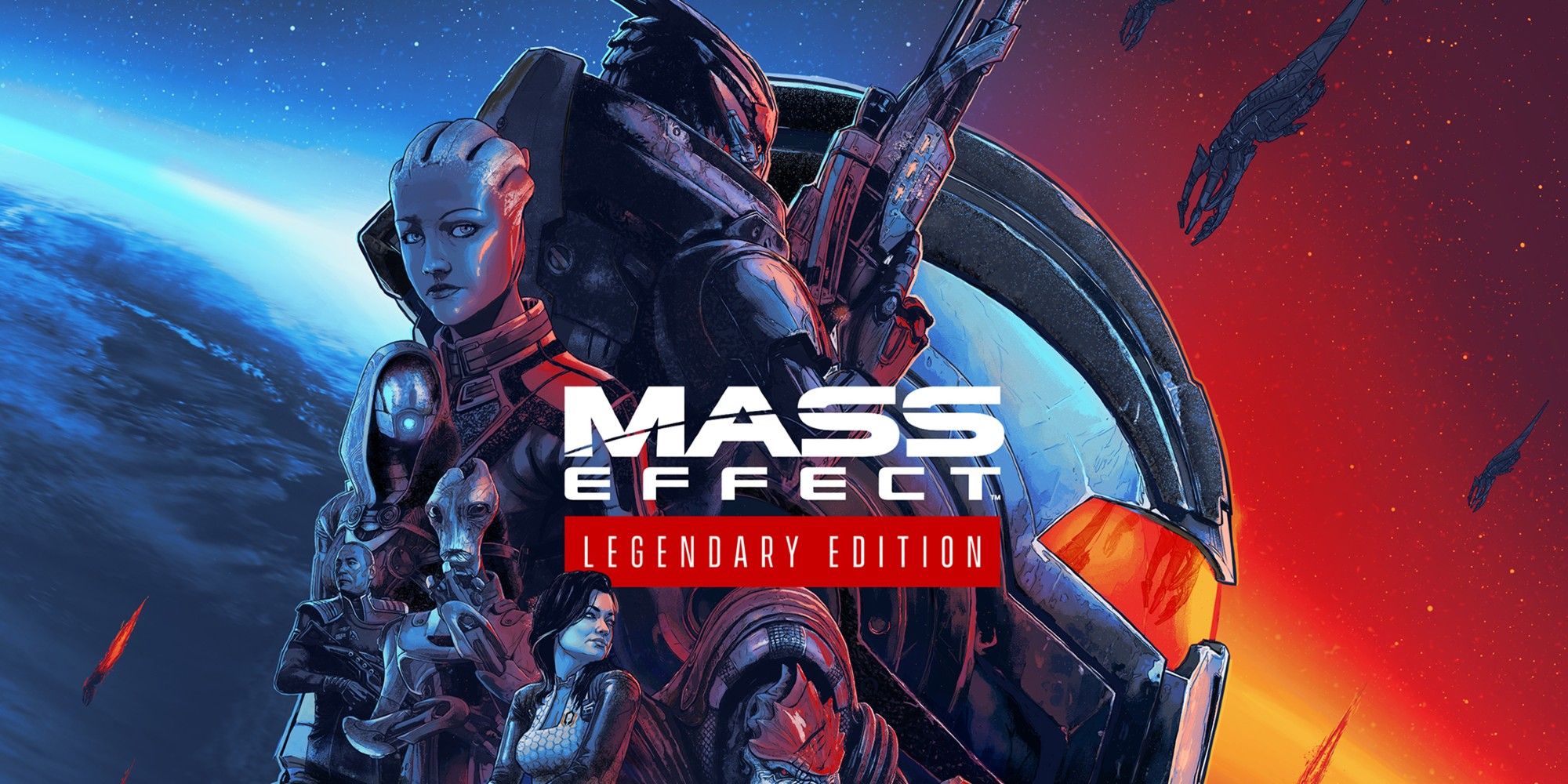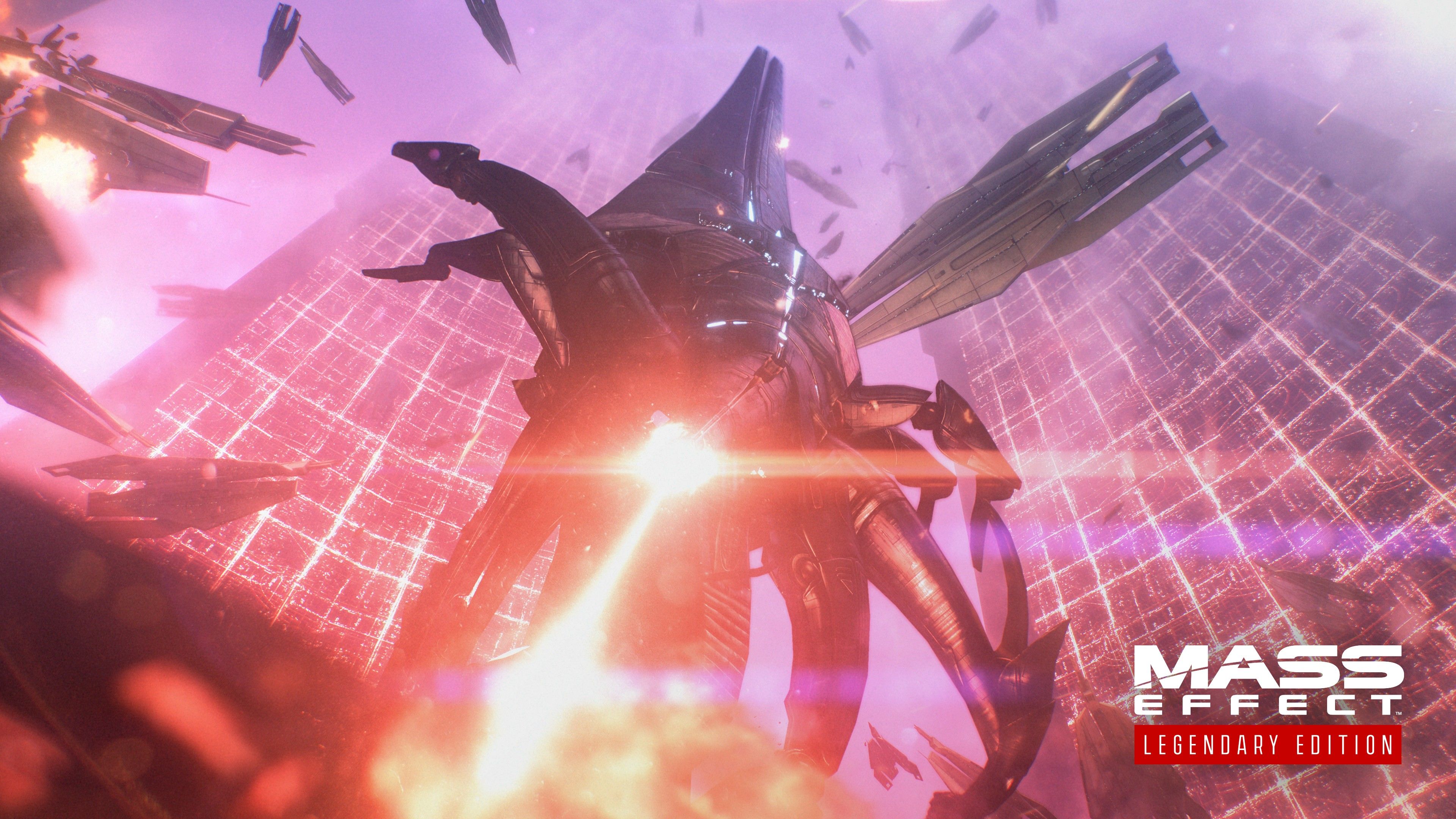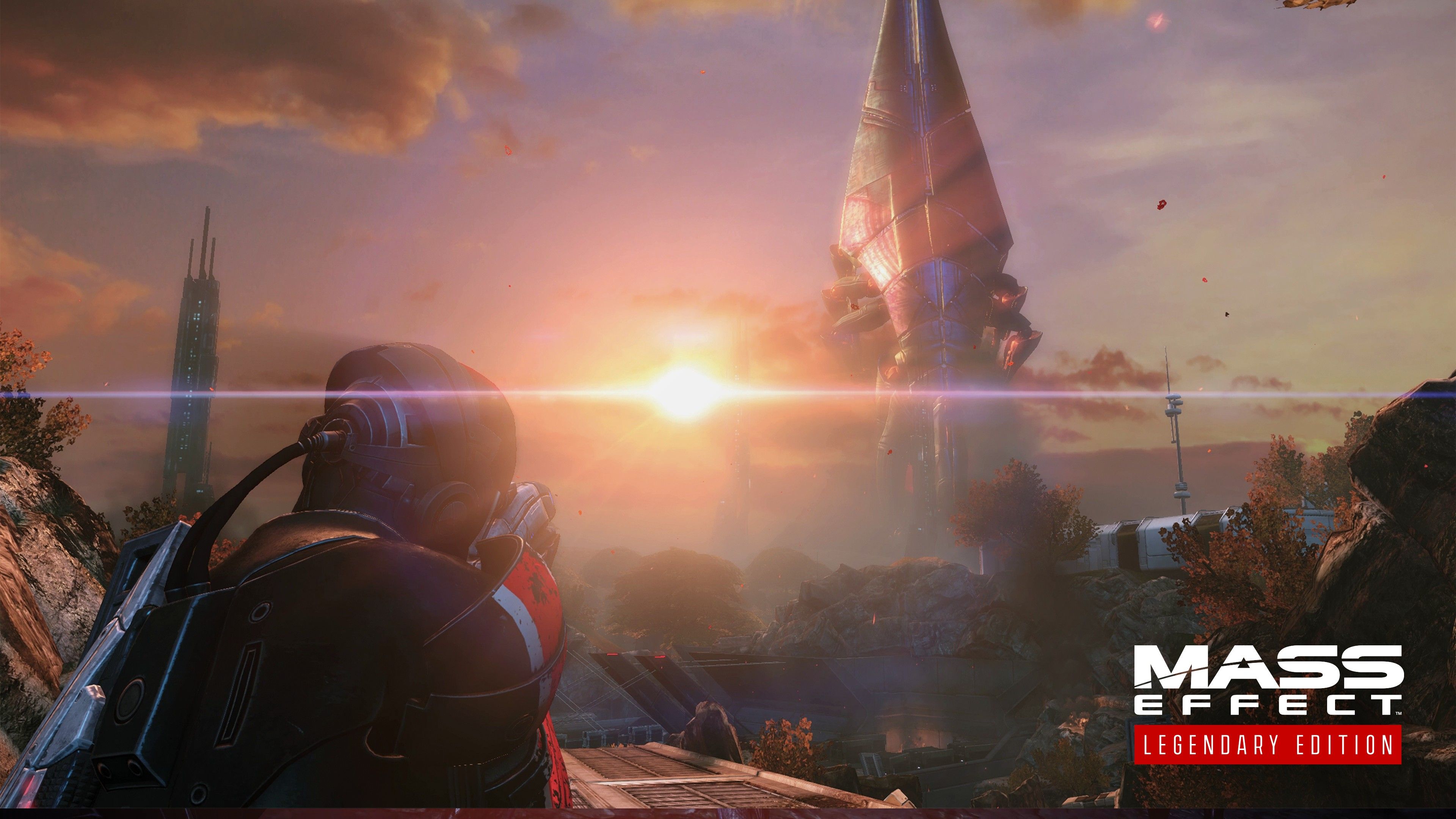The Mass Effect: Legendary Edition trilogy from BioWare is set to update and unify the Shepard saga for the next generation of consoles and fans while still remaining true to what made the original series so special. Taking place in the distant future of the 2100s, Mass Effect follows Commander Shepard, a human member of the Alliance military, on their mission to save the galaxy from a race of godlike, genocidal mechs. Players get to explore the galaxy aboard the Normandy (and its successive models) and gather a team of loyal companions from distant planets. The first entry in the series, Mass Effect, was released back in 2007 to critical acclaim.
In a preview event, BioWare developers Mac Walters, Crystal McCord, and Kevin Meek discussed their philosophy for the remaster, which Walters described as a passion project. While emphasis was placed on updating and unifying the engine and enhancing the visuals and performance for 4K Ultra HD, Walters explained that great care was taken to maintain as much fidelity as possible. Developers worked with fans, including creators of popular mods and cosplayers, to find out what quality of life improvements they were looking for in a remaster. The result was an affectionate upgrade that changed the look, but not the feeling, of the series.
Mass Effect: Legendary Edition brings the entire trilogy, including all DLC alongside weapon, armor, and appearance packs, to a single engine and interface for a more seamless player experience. Walters explained that, though the initial plan was to work with Epic to convert the game to Unreal Engine 4, this process would have required most levels and characters to be rebuilt from scratch. Instead, they chose Unreal Engine 3 so the trilogy would have forward compatibility and improved graphics while remaining true to the original series and designs.
Great emphasis was placed on enhancing the assets from every level of every game in the trilogy. The developers chose to focus on the art as a means to enhance the Mass Effect story and support its world. Most assets and all character and companion models were sourced through an AI up-res program to improve textures, increase caps, and make the game 4K ready. The artists also worked with the original art director, Derek Watts, to ensure they stayed true to the feeling of the original while seeking a modernized look.
After working with the community, developers were able to include various quality-of-life improvements fans had long been asking for, including faster loading times, quicker elevator rides with an included option to skip the elevator ride altogether if preferred, and improved control and handling for the Mako. Special attention was given to the combat and mechanics of the original Mass Effect, as developers described it as the one that contained the most friction and that received the most feedback from the fans.
Of course, the remaster will include many bug fixes, including a fix for the infamous "characters turn into black blocks" bug and the issue where characters would go cross-eyed during cutscenes. The list of improvements also includes changes to the combat HUD for Mass Effect, smoother aiming and better aim assist, unified minigames for decryption and hacking, improved squad controls across all three games, an adjusted cover system and interpellation, a new melee button, and much more. All three games can now also run at 60 fps on PC, and controller support for PC players will be included.
The developers also wanted to improve character creation across all three games. They ensured that players could create and play as the same version of Shepard all three times. They also made it possible for players to use the iconic Female Shepard box art design that did not debut until Mass Effect 3 in both 1 & 2 while expanding skin tone and hair options to allow for greater diversity and for players to design a Shepard who resonated most with them. This character can easily be imported across all three games using the character import codes introduced in Mass Effect 2, which will now be supported for the whole trilogy.
Some things will not be included in the remaster, however. Multiplayer was largely ignored, as the developers wanted to focus on the single-player experience as a better representation of the original trilogy. Players will also not get to see any cut content in the remaster, though the Extended Cut for Mass Effect 3 is included. Audio issues have been addressed and new or enhanced sounds were included, but the remaster will not be able to support Tempest audio. Raytracing technology was not used, but players can still expect rendered texture reflections on some of the Citadel's shinier surfaces.
Mass Effect: Legendary Edition promises to be a nostalgic return to a beloved series for longtime fans and an accessible entry point for a new generation of players. It is exciting to see the difference the quality-of-life enhancements have made and the way fans' favorite Mass Effect characters have been infused with new life. If players are ready to leave Earth for the final frontier and revisit old friends, this remaster might be well worth their time.
Mass Effect: Legendary Edition releases May 14, 2021 for PC, PlayStation 4, and Xbox One, with forward compatibility for PlayStation 5 and Xbox Series X/S.



